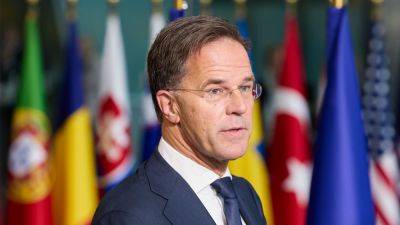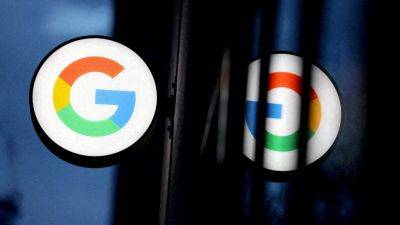Japanese sponsors Toyota, Bridgestone and Panasonic end Olympic contracts
TOKYO (AP) — The International Olympic Committee’s three major Japanese sponsors — Toyota, Panasonic and Bridgestone — are terminating their contracts.
This leaves the IOC without a Japanese sponsor with the focus now expected to shift to the Middle East and India for new sponsorship income.
Japanese sponsors have turned away from the Olympics, likely related to the one-year delay in holding the 2020 Tokyo Olympics. The delay reduced sponsors’ visibility with fans not allowed to attend competition venues, increased costs, and unearthed a myriad of corruption scandals around the Games.
The three are among 15 of the so-called TOP Olympic sponsors. The 15 paid a total of more than $2 billion to the IOC in the last four-year Olympic cycle.
Toyota Motor Corp. confirmed it would not not renew its sponsorship after the Paris Games, which closed in August.
Chairman Akio Toyoda told a meeting of U.S. dealerships last month that the IOC’s goals didn’t match the automaker’s vision.
“Honestly, I’m not sure they (IOC) are truly focused on putting people first. For me, the Olympics should simply be about watching athletes from all walks of life with all types of challenges achieve their impossible,” Toyoda said in English.
Toyoda promised to continue to financially support individual Olympic and Paralympic athletes, as well as the Paralympics Games.
Toyota had a contract reported to be valued at $835 million, the IOC’s largest when it was announced in 2015. It included four Olympics beginning with the Pyeongchang 2018 Winter Games in South Korea and ran through to the just-completed Paris Olympics and Paralympics.
The IOC TOP sponsors are: ABInBev, Airbnb, Alibaba, Allianz, Atos, Bridgestone, Coca-Cola, Deloitte, Intel, Omega, Panasonic,







